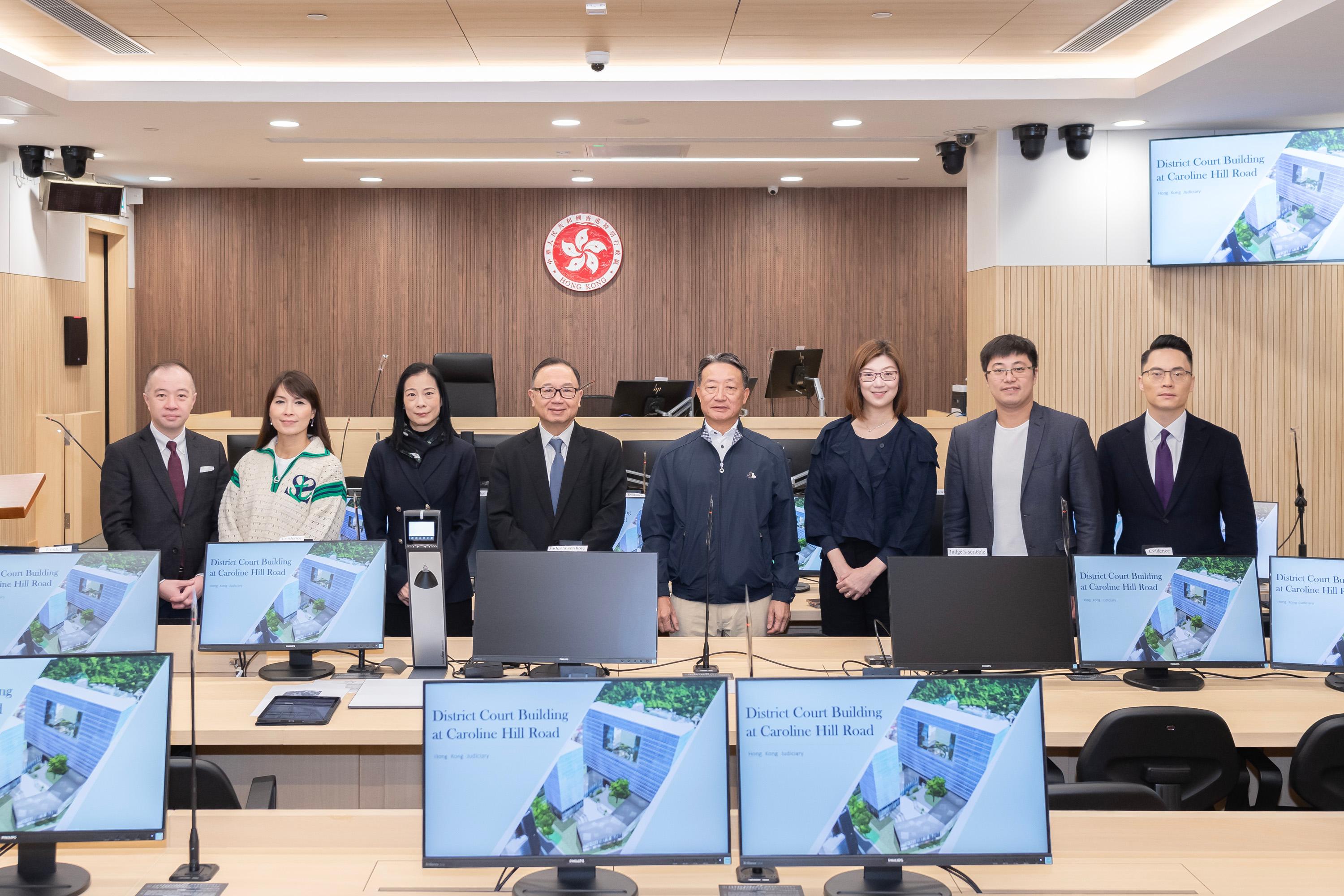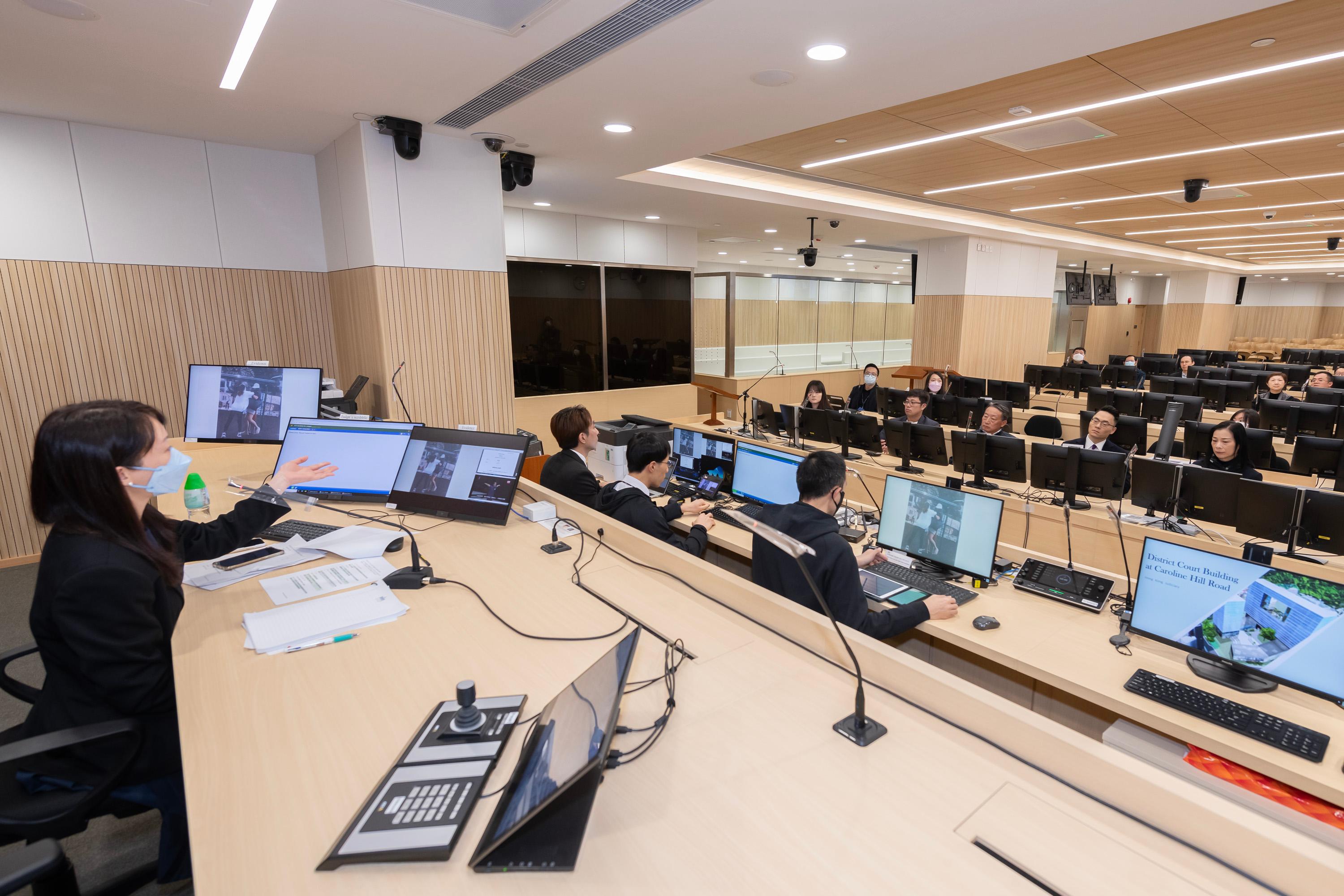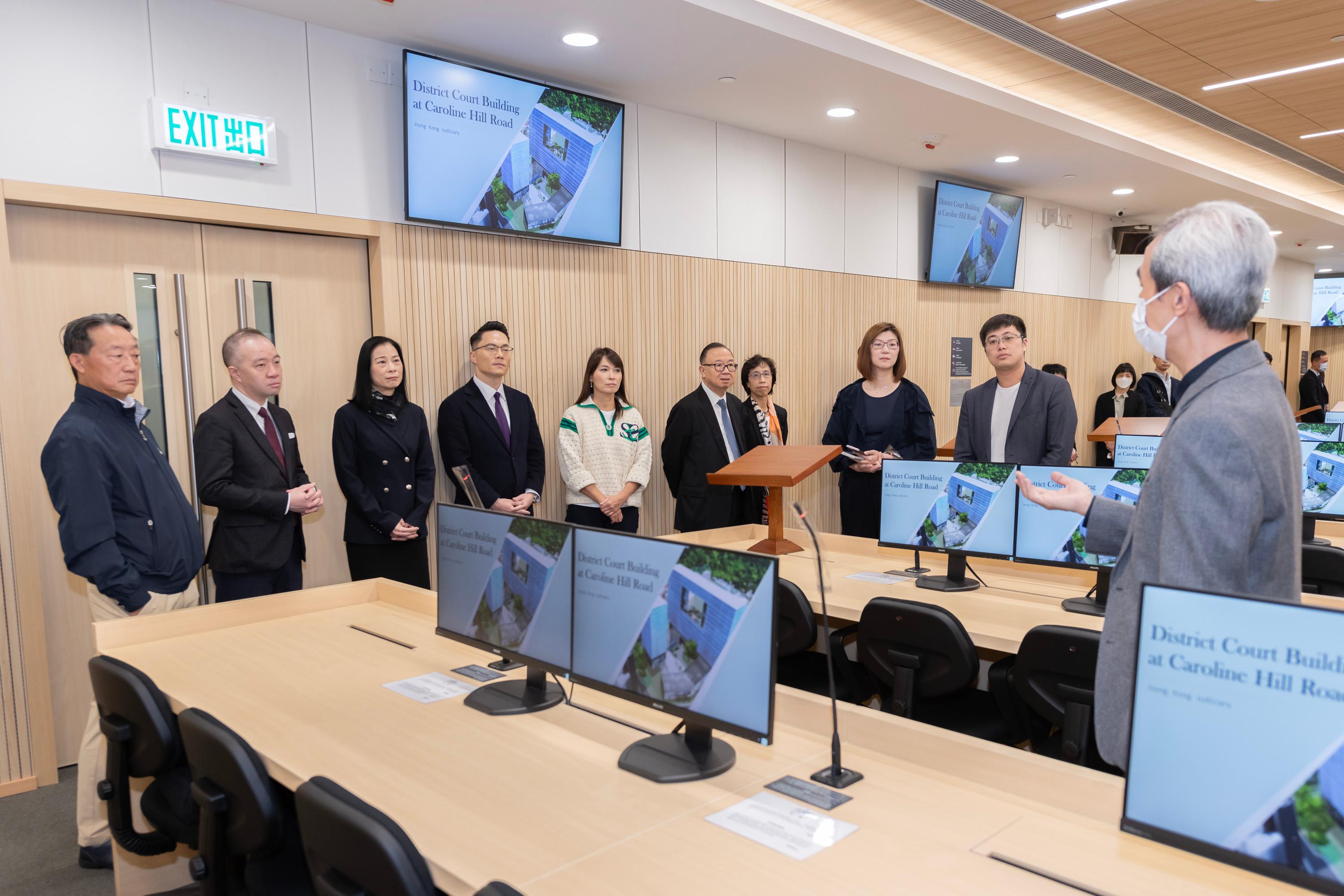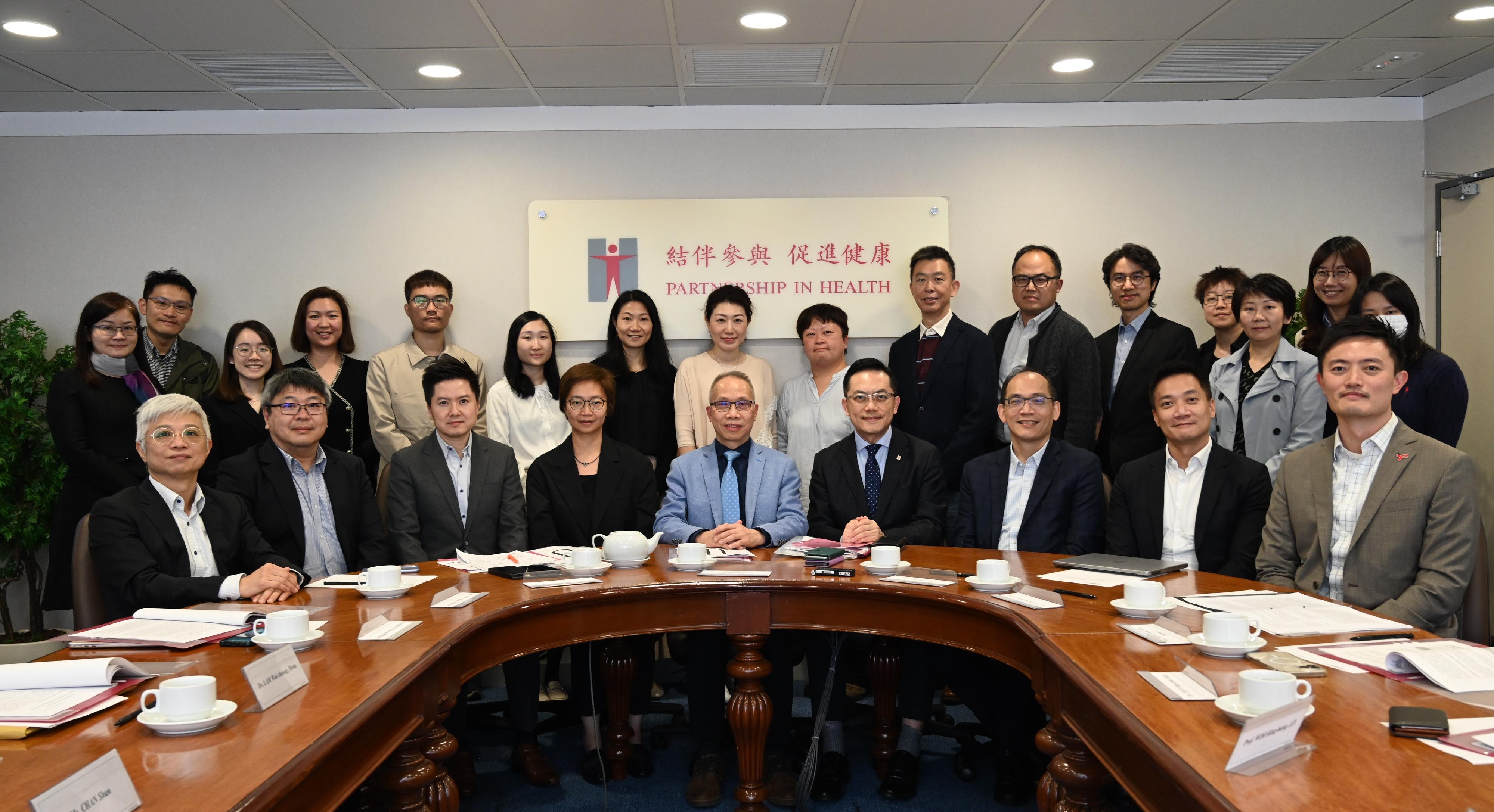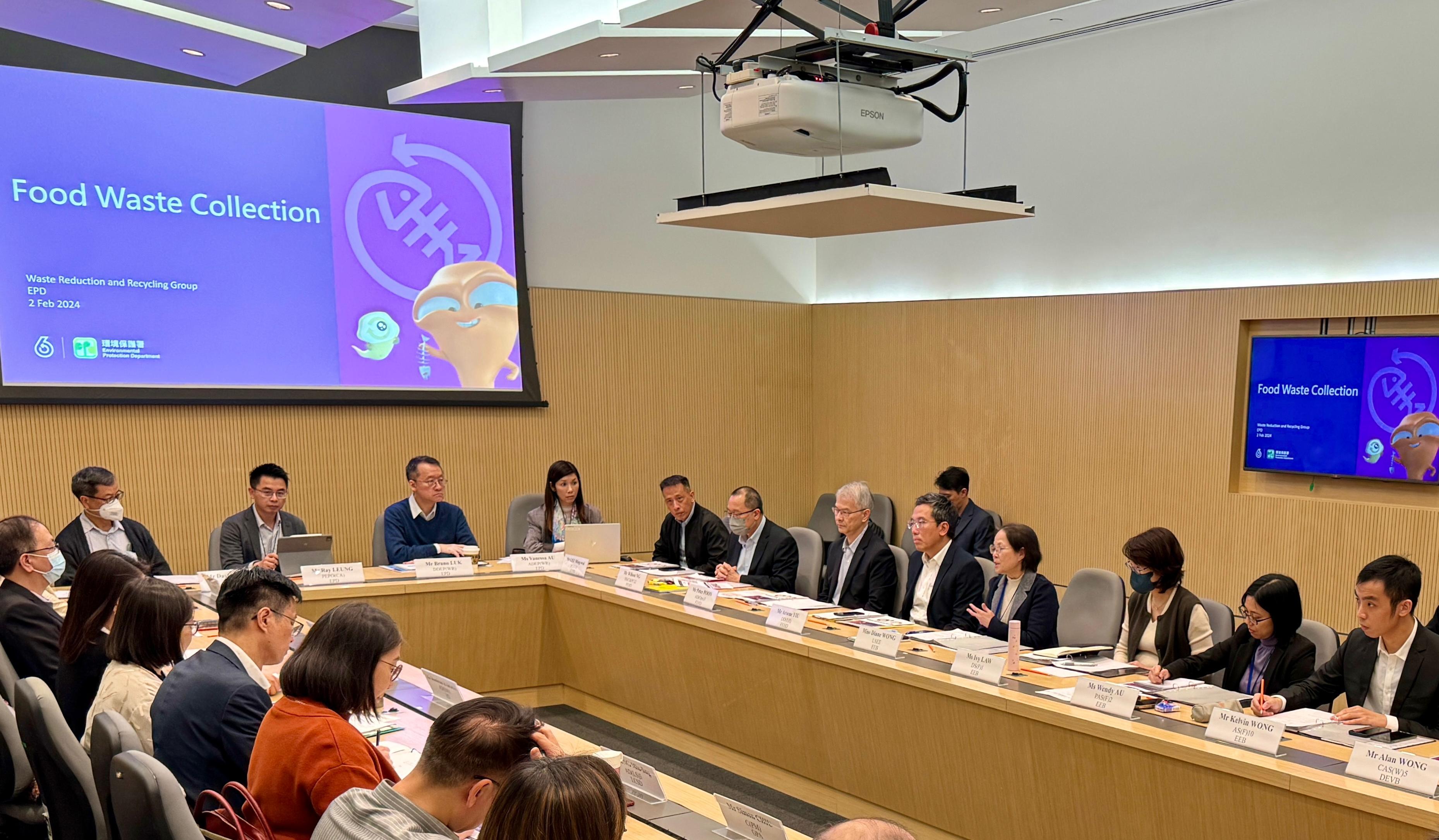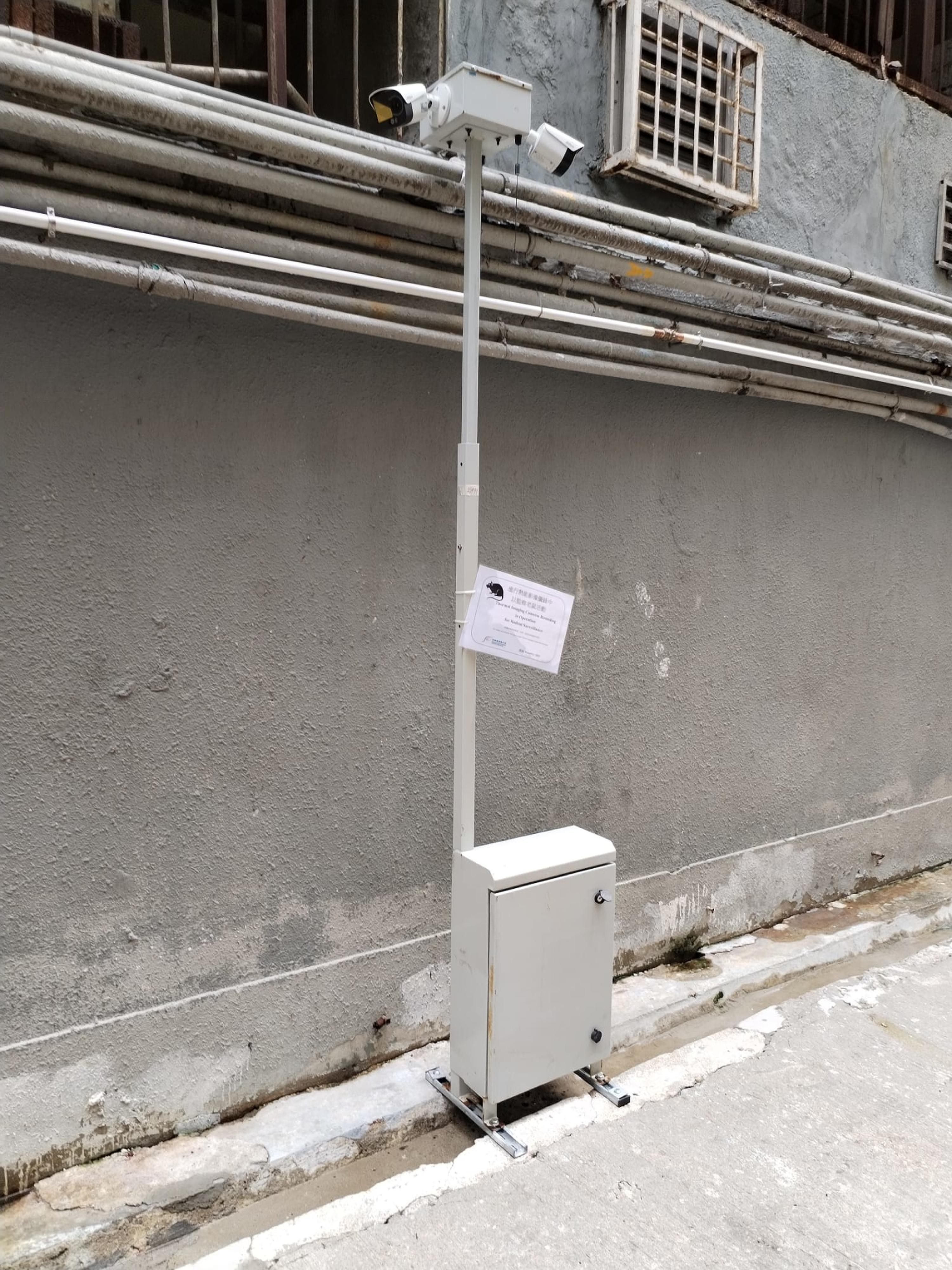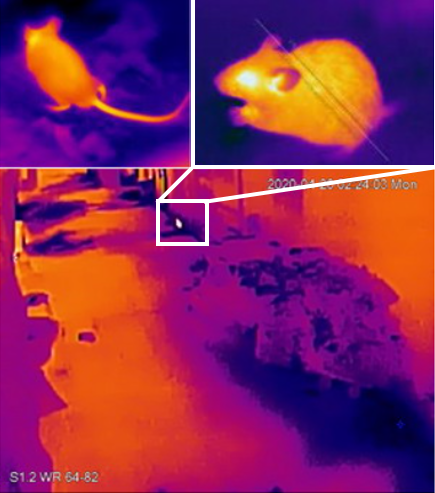HKETO Jakarta celebrates Year of the Dragon in Jakarta, Indonesia
The Hong Kong Economic and Trade Office, Jakarta (HKETO Jakarta) hosted a Chinese New Year dinner in Jakarta, Indonesia, today (February 2) to welcome the Year of the Dragon. Some 300 guests from the local government and the business, academic, cultural and media sectors attended.
In her welcoming speech, the Director-General of the HKETO Jakarta, Miss Libera Cheng, said that bilateral trade in goods between Hong Kong and Indonesia reached US$5.7 billion in 2022, representing a remarkable year-on-year growth of 12 per cent. Meanwhile, Hong Kong continued to be a top-three source of foreign direct investment into Indonesia, reflecting the close relations between the two places.
"The Chief Executive led a high-level business and professional delegation to visit Indonesia in July 2023 to call on the President of Indonesia, Mr Joko Widodo, and sign a total of 15 memoranda of understanding and agreements with Indonesian entities, bringing our bilateral ties to new heights," she added.
She reiterated to the diplomatic envoys of various countries to the Association of Southeast Asian Nations (ASEAN) that as an important growth engine in the Asia Pacific, Hong Kong's accession to the Regional Comprehensive Economic Partnership (RCEP) is beneficial to both the city and other economies in the region. In fact, RCEP member economies collectively accounted for over 70 per cent of Hong Kong's total trade in goods in 2022. Hong Kong will communicate closely with the ASEAN Secretariat and seek continued support from RCEP members to strive for early accession to the world's largest free trade agreement as soon as possible.
The HKETO Jakarta also used the occasion to give a comprehensive account of Hong Kong's people-to-people ties with Indonesia and other ASEAN countries. Ms Cheng pointed out that the HKETO Jakarta organised a series of well-received cultural programmes in Indonesia last year with a variety of thematic activities such as film festivals, music performances and sports events, with a view to consolidating Hong Kong's status as an East-meets-West centre for international cultural exchange under the 14th Five-Year Plan. Meanwhile, she introduced that Hong Kong is determined to develop into an international hub for post-secondary education by, among others, increasing the quota of the Belt and Road Scholarship by 50 per cent starting from the next academic year, thereby enhancing its attractiveness to outstanding students from Belt and Road countries including Indonesia. In line with the Youth Development Blueprint, the HKETO Jakarta also endeavoured to expand internship opportunities under the ASEAN Internship Scheme for Hong Kong Higher Education Students and offer facilitation to youth delegations from Hong Kong with a view to deepening mutual understanding between the peoples.
The HKETO Jakarta collaborated with the Hong Kong Tourism Board to set up an exhibition booth at the venue to promote Hong Kong's latest tourism offerings. With the support of the Airport Authority Hong Kong and airlines, a lucky draw session was also featured with round-trip air tickets between Hong Kong and Jakarta distributed to lucky guests to encourage Indonesian tourists to visit Hong Kong.
Dignitaries joining the dinner included the Chinese Ambassador to Indonesia, Mr Lu Kang; the Chinese Ambassador to ASEAN, Ms Hou Yanqi; and the Regional Director of South East Asia and South Asia of the Hong Kong Trade Development Council, Mr Ronald Ho, as well as representatives of Hong Kong and Indonesian business chambers and senior officials from the Ministry of Investment and the Ministry of Tourism and Creative Economy of Indonesia. Diplomatic envoys of various countries to ASEAN, including the Permanent Representative of Lao DPR to ASEAN, Mr Bovonethat Douangchak; the Permanent Representative of Thailand to ASEAN, Ms Urawadee Sriphiromya; the Deputy Permanent Representative of Singapore to ASEAN, Mr Borg Tsien Tham; the Minister Counsellor of the Permanent Mission of Cambodia to ASEAN, Mr Touch Sorana; and the Minister Counsellor of the Permanent Mission of Malaysia to ASEAN, Mr Syed Edwan Anwar Syed Ariff Fadzillah, also graced the event.
The HKETO Jakarta will continue to host events in ASEAN countries within its purview in the coming weeks to celebrate the Chinese New Year.
